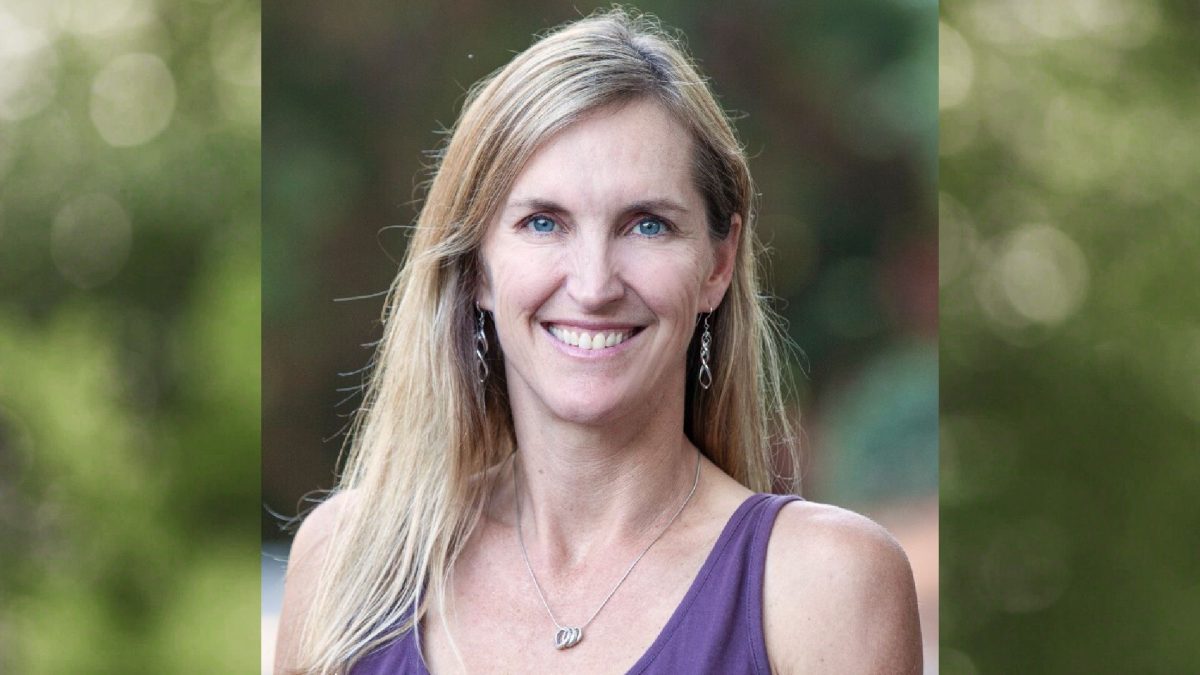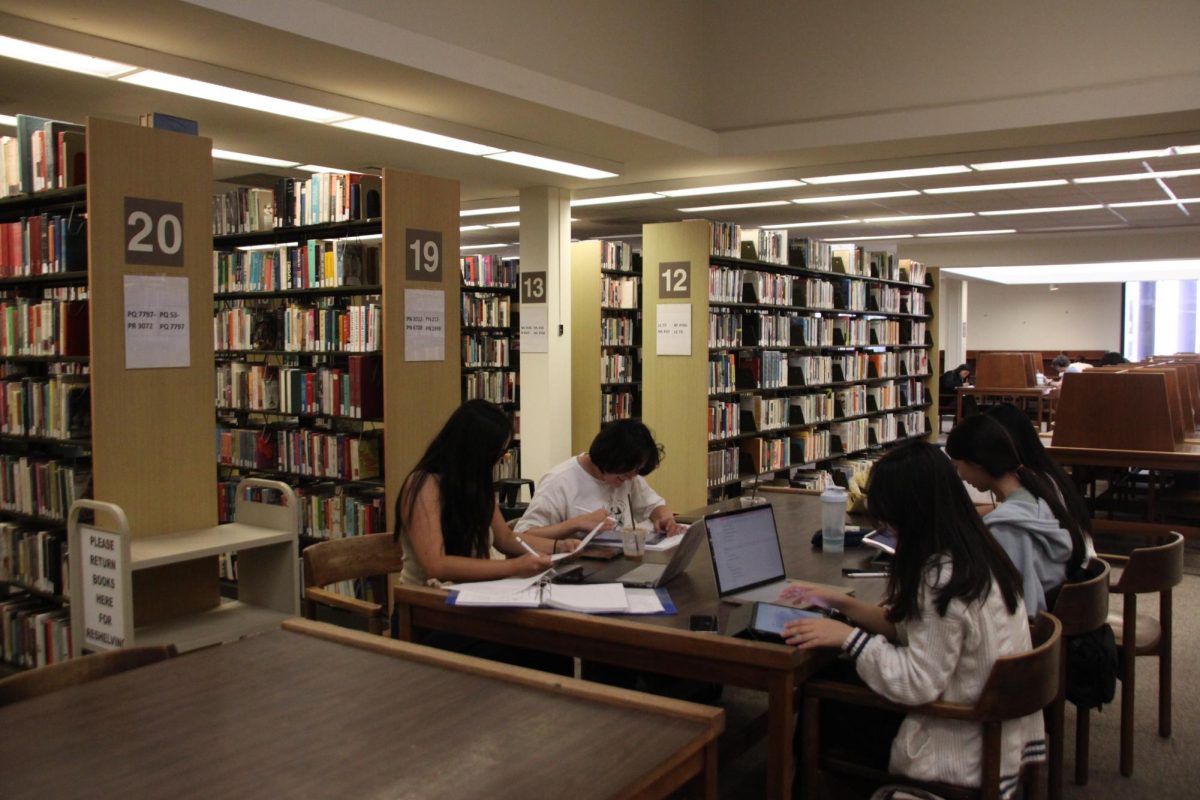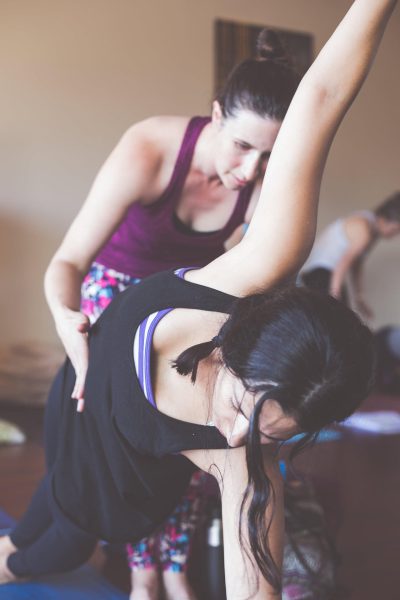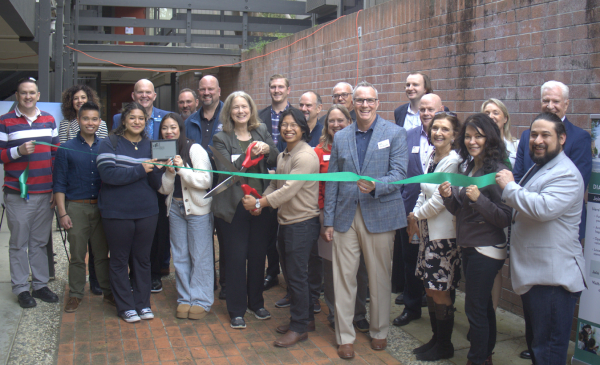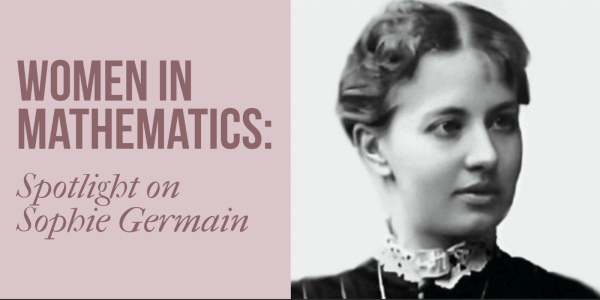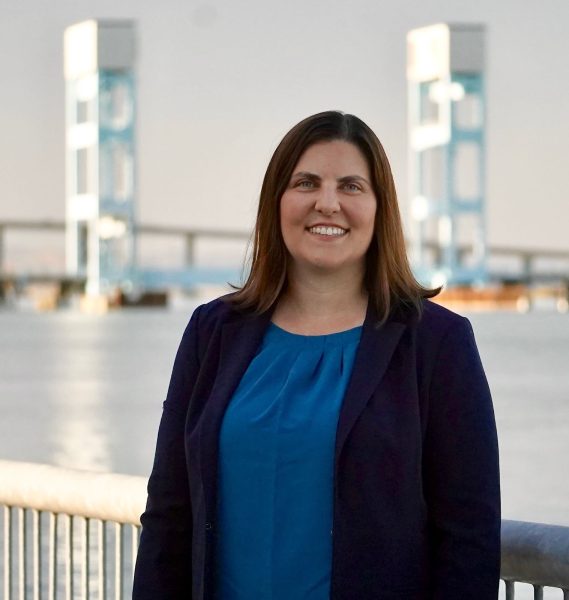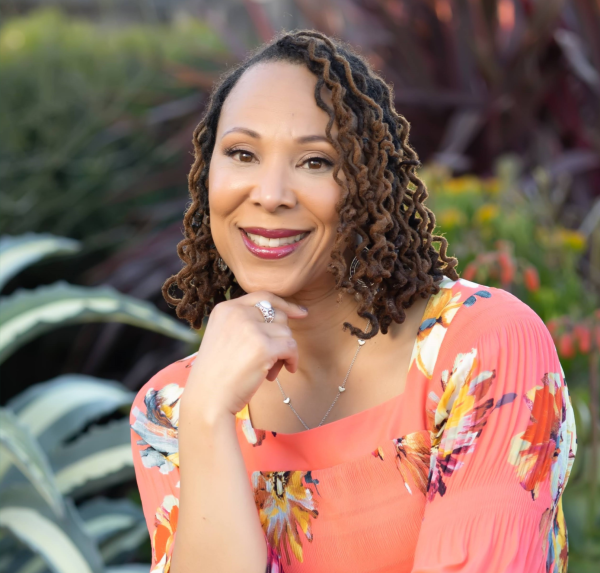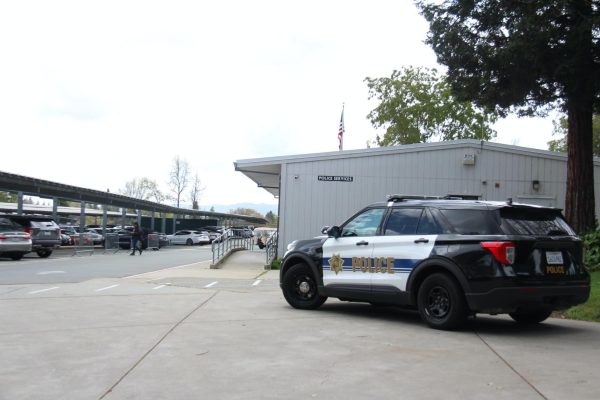As PUMA Center Prepares to Move, What Comes Next for the Community?
October 26, 2021
When I heard on Sept. 29 that the College Council was discussing moving the PUMA (Puente, Umoja, and MESA Achievement) Center into the Language Arts building on Diablo Valley College’s Pleasant Hill campus, my first question was: How will this change affect the community, students and staff who have long relied on this important learning center?
DVC has decided to tear down the old counseling building that formerly housed the PUMA Center because it reportedly no longer meets the school’s updated classroom standards. With the building goes a legacy.
During my first semester at DVC, in Spring 2018, my brother pulled me into the Puente Program, located in the PUMA Center. At the time, I had no idea what my major would be or what I was going to do with my life. But with the help of Puente counselors and the staff members who work in the PUMA Center, I discovered that I wanted to major in journalism and learned which classes were required for transfer to a four-year college.
The PUMA Center had an important impact on my early college education, and has impacted many others like me, so I was curious how the move might affect future students who are seeking a direction forward.
The PUMA Center holds three different programs targeting college success. The students served by the program come from underrepresented backgrounds, such as first generation college students, students of color, and students from lower income households. The center also offers specialized English classes and transfer assistance classes.
Over the years, the counseling building has added more study spaces, computers, furniture, food services and tutoring services for students.
The PUMA Center will be staying put for the Spring 2022 semester at DVC. However, Brenda Gonzalez, a Puente counselor, said she thinks that if the community moves to the Language Arts building, “we’ll have to work together and get creative with how the space is set up to ensure we continue to offer the resources and services students have benefitted from in PUMA.”
As she put it: “I hope we keep everything that keeps PUMA, PUMA.”
Another Puente counselor, Maria Dorado, said the culture of PUMA includes “students gathered before class supporting each other with tasks, such as completing homework assignments, applying for scholarships, or applying for transfer,” along with socializing with their friends and getting tutoring help.
Gonzalez and Dorado said they hoped that upcoming College Council discussions about the future location of the PUMA community will include PUMA students – and that no matter where the center winds up, it finds its resources increased, not reduced.
“Wherever we land, I hope we have study spaces, offices for counseling, basically all the [resources] we currently have,” said Dorado.






















